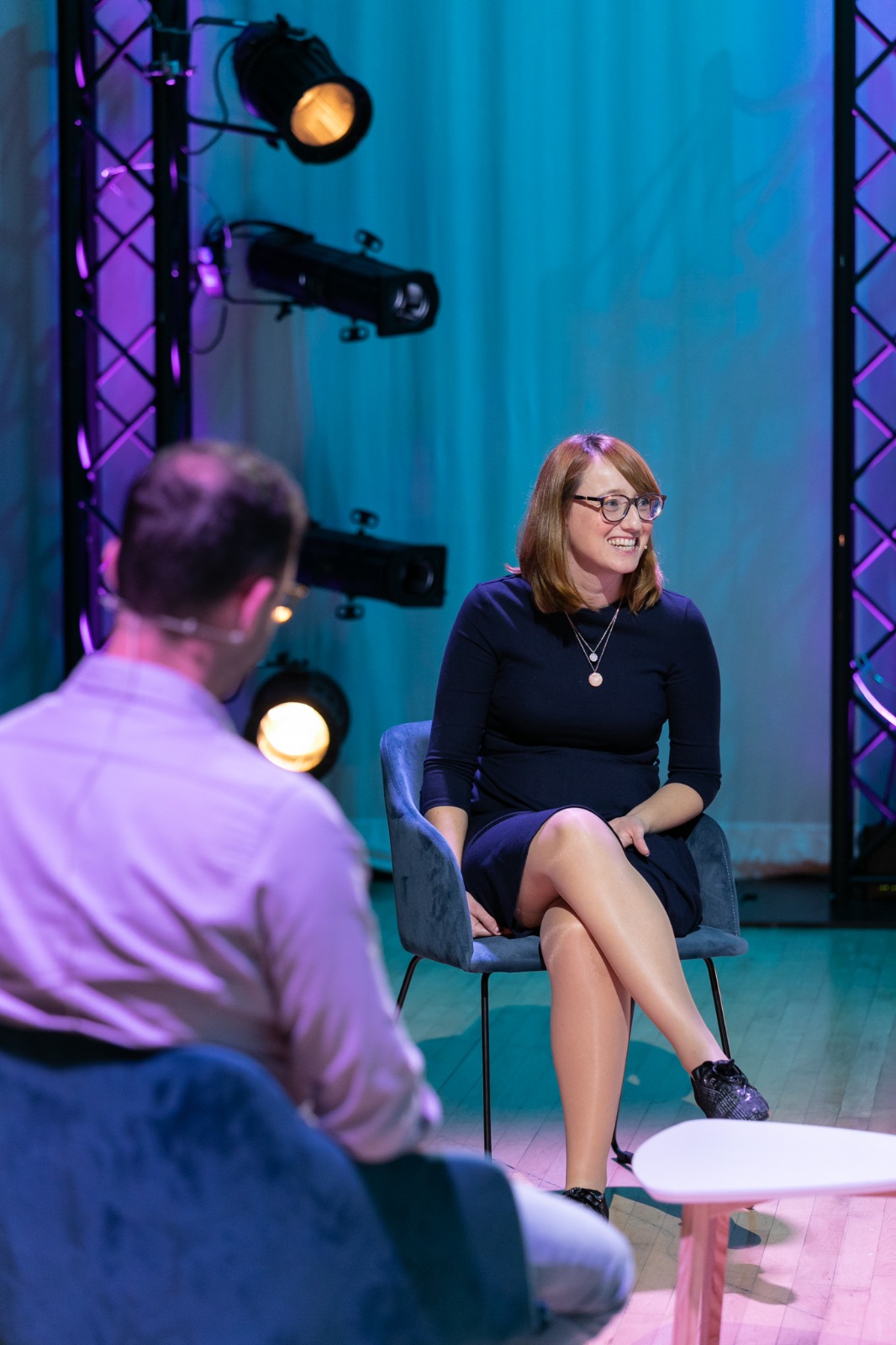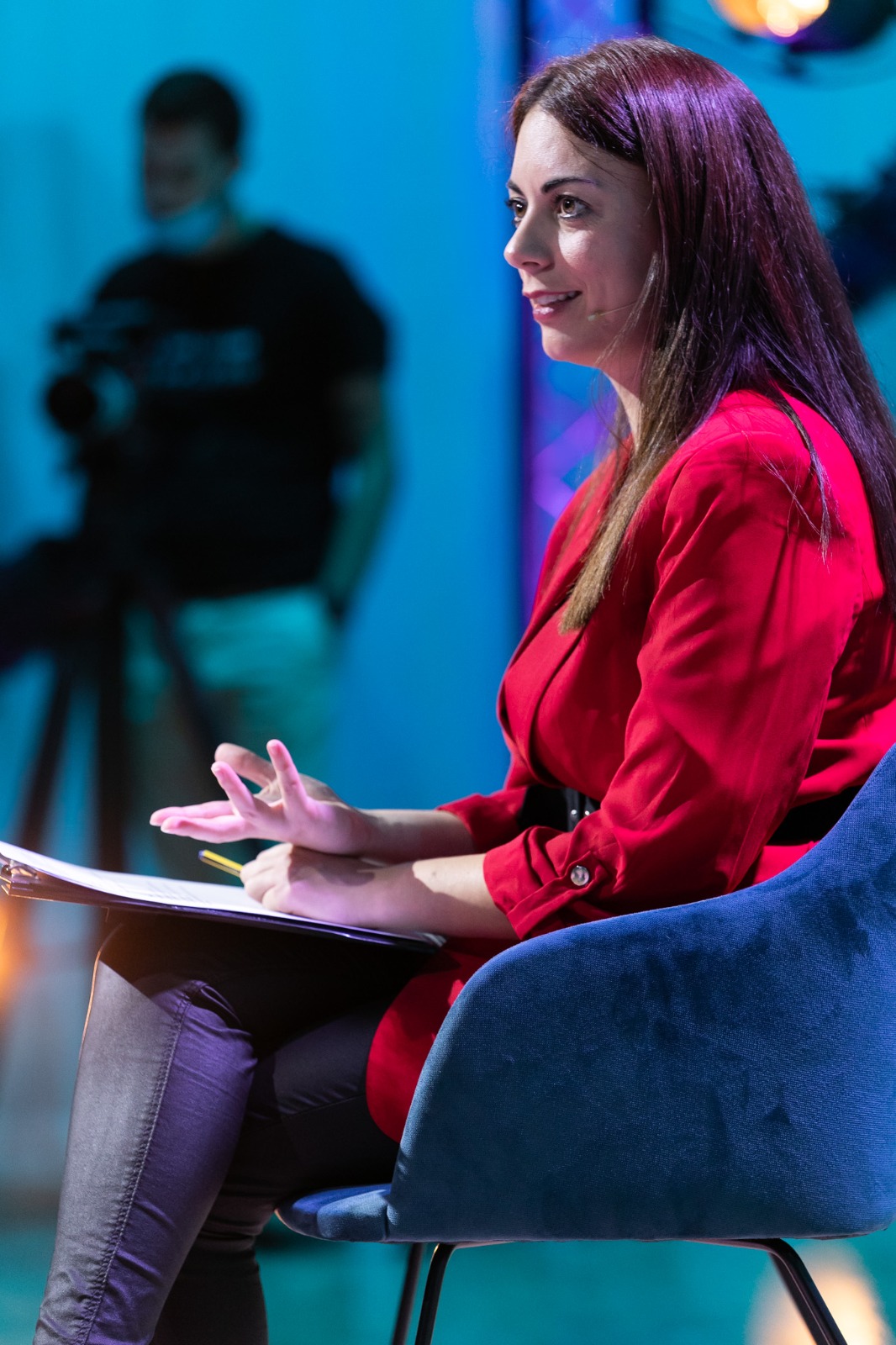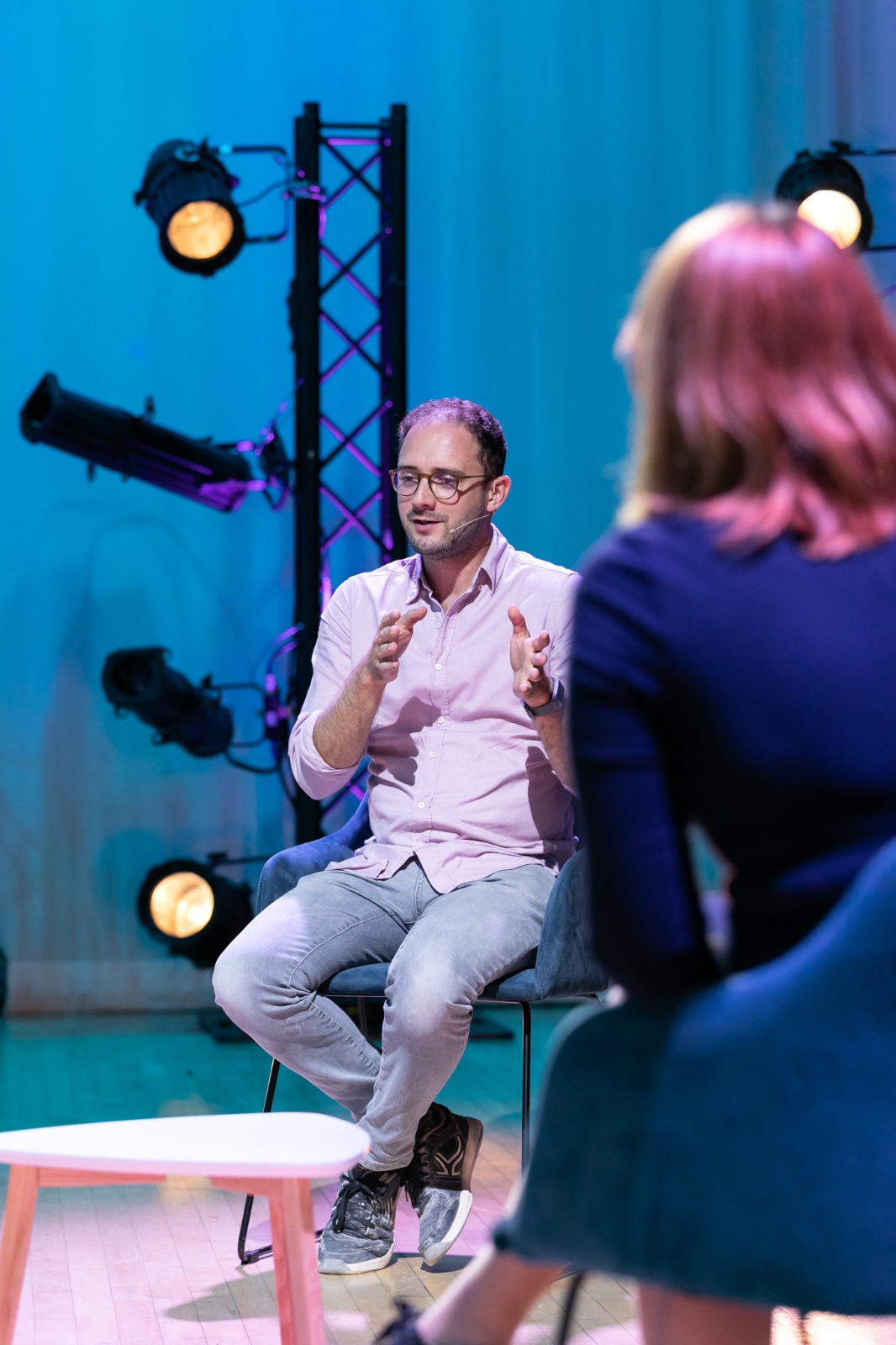As the international film industry is still reeling from the fatal shooting incident involving Alec Baldwin, ACMHangouts tackles the related issue of health and safety standards.
ACMHangouts return with a new season of discussions and debates, with Maltese and international artists and arts practitioners discussing a variety of topics and even controversies that impact the arts and culture industries.
Co-ordinated and hosted by Elaine Falzon, the first session is currently available for streaming on Arts Council Malta's (ACM) Facebook page and focuses on a topic that recently gave rise to much international controversy - health and safety standards on film sets.
The topic was inspired, of course, by the recent tragic incident that befell the set of Rust, where Director of Photography Halyna Hutchins was fatally wounded after a loaded weapon was inadvertently used by actor and producer Alec Baldwin.
Taking part in the debate are Luzzu producer Rebecca Anastasi and visual effects producer and board member of Teatru Salesjan James Spiteri.

The discussion tackles several points of controversy, such as whether live ammunition is ever acceptable on set and how budget constraints can be the reason why incidents occur.
Both Anastasi and Spiteri emphasize that the chain of command is established for a reason, and that there are specific standards and processes to be followed on every film set.
Falzon asks why it is of great importance that a film set makes use of an adequate budget, with both guests pointing out that questions were raised in the Alec Baldwin case regarding whether the hired crew had appropriate experience to cope with the requirements of maintaining safety standards.

The contradictory statements released by Baldwin are also discussed, as Spiteri and Anastasi delve into the responsibilities of the producer. Irrespective of the contract specifics in this case, they argue, Baldwin has enough professional standing in the industry that he would have been able to call out any unsatisfactory standards on set.

Falzon steers the discussion towards general working conditions within the industry, particularly in view of the fact that the sector is renowned for extremely long working hours. Guests discuss the impact of such conditions on the personal lives of crew, and actors, with Anastasi pointing out that this is another reason why women find it almost impossible to work in the industry long term.
Anita Debaere, Director at PEARLE intervenes to discuss health and safety as well as working conditions in the cultural and creative industries set across Europe. She points out that there is very stringent legislation already in place across EU countries that places a limit on working hours and related matters. The issue, she adds, seems to be that these are not being implemented across the arts, culture and film industries. One of the contributing factors is the fact that work across these sectors tends to be project-based.
The session also discussed the way COVID-19 has affected availability of workers across the sector, with more people wanting to work from home and eschewing travel.
This in turn has made it more difficult to find experienced people willing to work on set, forcing producers to settle for less qualified people in some instances.
Watch the session below.
Submitting ...
Saving ...
Any applications related to this entity, will also be automatically deleted.